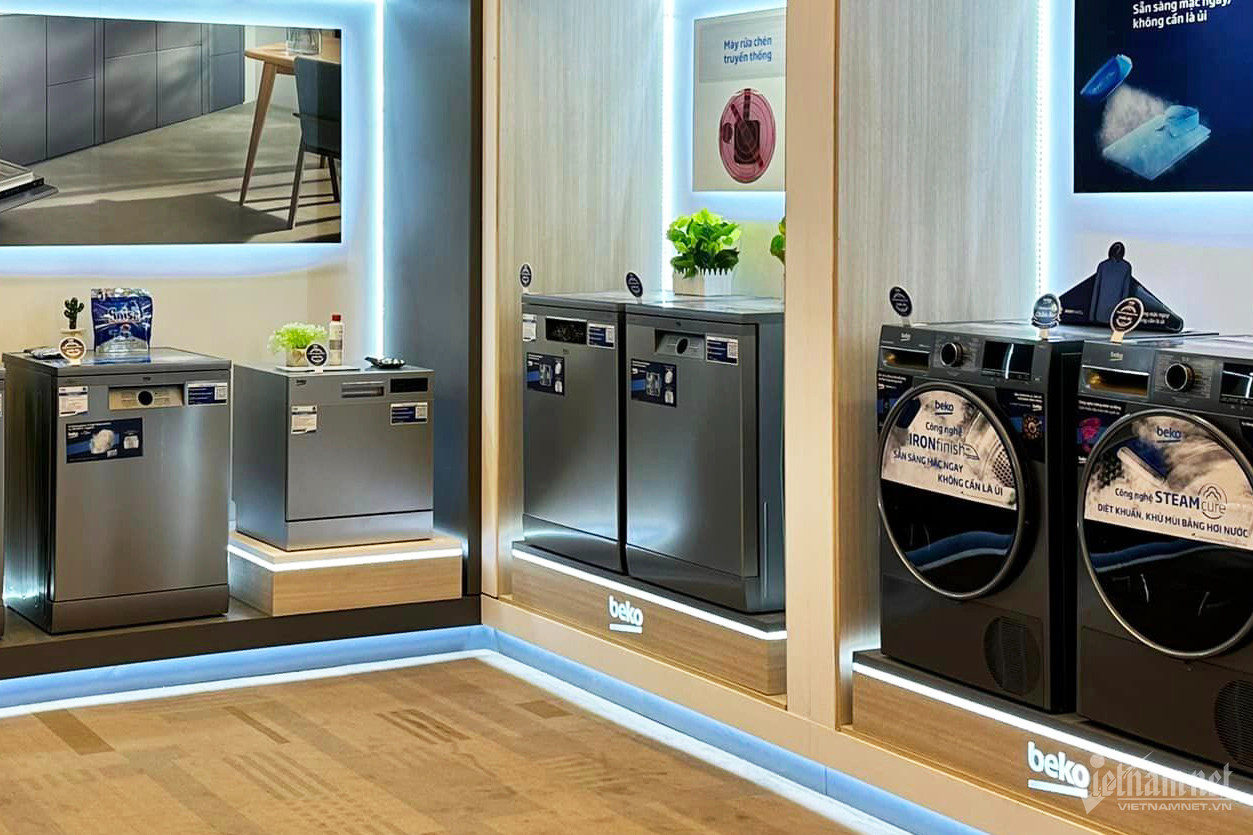
SSI Research’s report about the retail industry in 2022 and 2023 say ICT product and home appliance retailers may see a minus profit growth rate in the first half of the year.
The reasons include macroeconomic difficulties and possible increases in electricity prices, healthcare costs and tuition. The research unit estimated that spending on phones and home appliances in the first half of the year would decrease by 10 percent compared with the same period last year before recovering gradually in the second half.
According to FPT Retail, in late 2022, only people with middle or lower income had to tighten their purse strings, but now, even people with high income also have to think carefully before deciding to buy non-essential valuable goods.
Meanwhile, the number of clients buying goods on installment has decreased because of interest rate increases and tightened consumer lending policies.
In an effort to improve business performance, the retailer is trying to sell household products together with traditional products such as mobile phones and computers.
The household product sales now make up 2.5 percent of total revenue of FPT Shop, with a relatively high gross profit margin 20-25 percent. The retailer hopes that in the next three years, the products will contribute 15 percent of total revenue of the FPT Shop.
Asked by VietNamNet recently about the prospects of the Vietnamese home appliance market, Arel F. Atakol, CEO of Beko Asia Pacific, said after Covid-19, the market has faced disadvantageous macroeconomic conditions.
However, the difficulties are just temporary and the market will see improvement in the second half of the year.
Vietnam is a dynamic market, where consumers like new and modern products, and they can quickly adapt to new technologies. This is the important difference between Vietnam and other markets in Asia - Pacific.
There are also other differences between Vietnam and other markets. Vietnamese people like black household-use products, while other markets prefer white color.
“Vietnamese users prefer to use top-loading washing machines instead of front-loading machines. For kitchen tools, Vietnamese like induction cookers have the demands close to the European market,” he said.
After the Covid-19 pandemic, Vietnamese want bigger refrigerators, which allow them to store more food and for longer time, while electronic devices need to have antibacterial features.
They tend to spend more time with their family and stay at home, therefore, they want to take care of their homes so spending on electronics is expected to rise when the economy recovers.
Tran Chung